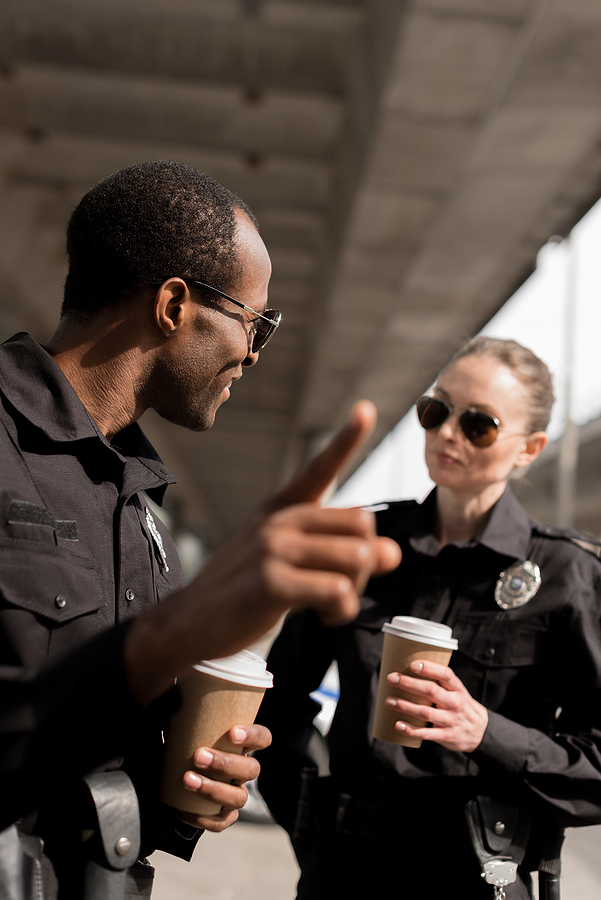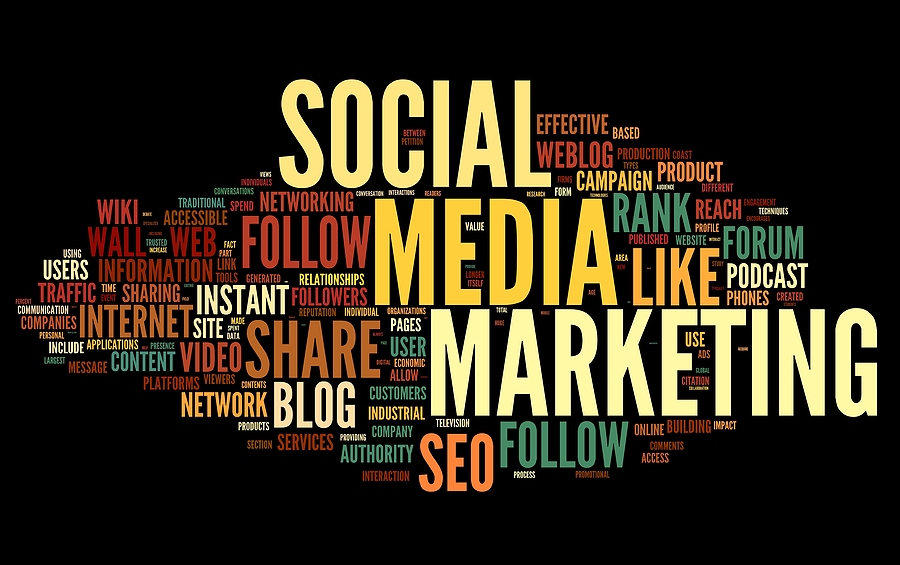We’ve all seen media scandals about police officers who have abused their authority or even killed innocent citizens in heated confrontations. While these situations are unfortunate, they aren’t the norm. Most police officers don’t take out their aggression on citizens or provoke them just to start a fight. However, there are a lot of people who think police are inherently corrupt and can only do wrong. This perception needs to change.
Sadly, because so many people are used to the negative stories, all the good police officers do tends to be forgotten. A large number of people believe that cops are bad and are always looking for ways to exert their power rather than serve their communities. Instead of seeing cops as helpful, they view them as harmful.
The more people who see law enforcement in a negative light, the worse things get for society because it leads to conflict and a general distrust of police, even when they’re trying to help.
One of the groups working hard to change this perception for the better is the National Police Association. The NPA is a group of activists committed to supporting law enforcement by doing local community outreach, filing FOIA requests, and reviewing lawsuits with the potential to create negative precedents in the arena of public safety. They even get involved in cases as a friend of the court to support positive outcomes where constitutional rights and officer safety are at risk.
Why do we need law enforcement officers?
Police officers play several vital roles in their local communities:
- They save lives. By responding to situations, crimes in progress, and emergency situations (like car accidents), police are constantly saving lives.
- They maintain law and order. Police maintain law and order in many different ways. Traffic cops enforce rules that keep the roads safe, while other departments patrol their communities to be seen and deter crime. While on duty, and sometimes even off-duty, they respond to dispatch calls and go wherever they’re needed.
- They strengthen local communities. Police tend to develop strong bonds with other uniformed officers, like firemen and medics, and they all support one another in maintaining peace in their communities.
- They help during crisis situations. Sometimes officers are called to a scene and need to play the role of counselor to citizens. They are trained to de-escalate situations to prevent them from becoming dangerous confrontations.
- They investigate crimes. When dispatch calls police to respond to a crime, they will investigate, sometimes with other agencies, until the perpetrator is found.
There are numerous individual duties police perform for their communities. We need police officers in society. Communities rely on their commitment to protect citizens, and without them, it would be pure chaos.
Why a negative perception of police hurts society
The damage is both personal and general. People who see police officers as the enemy tend to be on edge around them and are less likely to cooperate when needed. For example, if asked to testify in a trial where someone hurt or killed a cop, they probably won’t do it willingly. They’re also less likely to give police information on a suspect just out of pure principle. In some circles, talking to cops is seen as being a “snitch,” even if you’re doing the right thing.
In a broader sense, a negative perception of police spreads anti-police rhetoric and causes people to form negative opinions without having any direct experience. When people see police as the enemy, it makes it harder for them to do their job. When they’re there to help, they can be interpreted as a threat and get combative or argumentative for no reason.
What creates negative perceptions of police?
It’s hard to pinpoint the factors that shape confidence in law enforcement. One study found that negative encounters with police had a strong influence in creating a lack of confidence in police. However, the inverse was not found to be true. People with positive encounters didn’t automatically have more confidence in police officers. This disconnect could be caused by the media.
It’s hard to say for certain how much of an impact social media and television have, but according to Pew Research, most police officers say they’re treated unfairly by the media. This undoubtedly contributes to a negative perception of law enforcement at least for some people.
Unfortunately, since the exact cause and contributing factors are somewhat elusive, so is the solution. However, as long as there are groups actively advocating against anti-police rhetoric, the change in perception will happen gradually on an individual level first. When enough people change their views, the collective perception will begin to shift as a whole and police will be recognized for their service to society rather than feared.
Image Source: BigStockPhoto.com (Licensed)
Related Categories: Legal, Reviews







